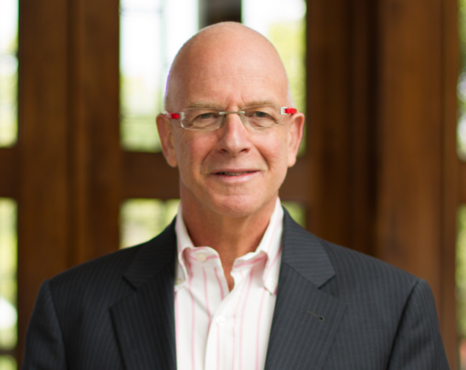Amos Guiora, dressed in a U hoodie, looks into his webcam in a dimly lit room in Israel over a faulty Skype connection. He jokes about living in his own time zone.
Guiora, a professor of law at the U, spends half of the year in Utah and the other half in his native Israel. Last year alone he traveled a quarter of a million miles, which is nothing out of the ordinary for him.
Despite the cultural differences, Guiora has no trouble transitioning between the two places. Though he was born in Israel, he lived in Ann Arbor, Michigan, when he was young and graduated from Case Western Reserve University School of Law in Cleveland, Ohio.
“Logistically, I don’t find it difficult,” he said.
Before Guiora came to the U in 2007, he taught law at Case Western. Prior to that, he practiced law in Israel for 20 years, up until he reached retirement and returned to America. International operations law and negotiation are his specialties, and he has aided in counter-terrorism efforts. In the 1990s, he was involved in the peace process between Israel and the Palestinians.
Now Guiora teaches a number of courses on national security, Middle East law and criminal procedure at the U. One of his courses, Global Perspectives on Counter Terrorism, involves a simulation exercise based on real-life scenarios in which “students can learn not only the law but leadership and problem-solving skills from a detailed series of role-play scenarios,” said Robert Adler, dean of the U’s College of Law, in an emailed statement.
The aspect of the class Guiora enjoys most is more personal: “the fact that we’re very engaged with the students … I like the small classes.”
Even though he spends half his life in Israel, Guiora is still able to teach. He stays in the U.S. for most of the semester and jets to his home just outside of Jerusalem for winter, spring and summer break.
Guiora was in Israel to witness the violence that recently broke out. The stabbings have come as more of a shock than the suicide bombings due to their distinctly intimate nature, he said.
“For better or for worse, it’s the reality of living in Israel,” he said. “For me, it’s home.”
s.legg@dailyutahchronicle.com
@sarahnlegg


